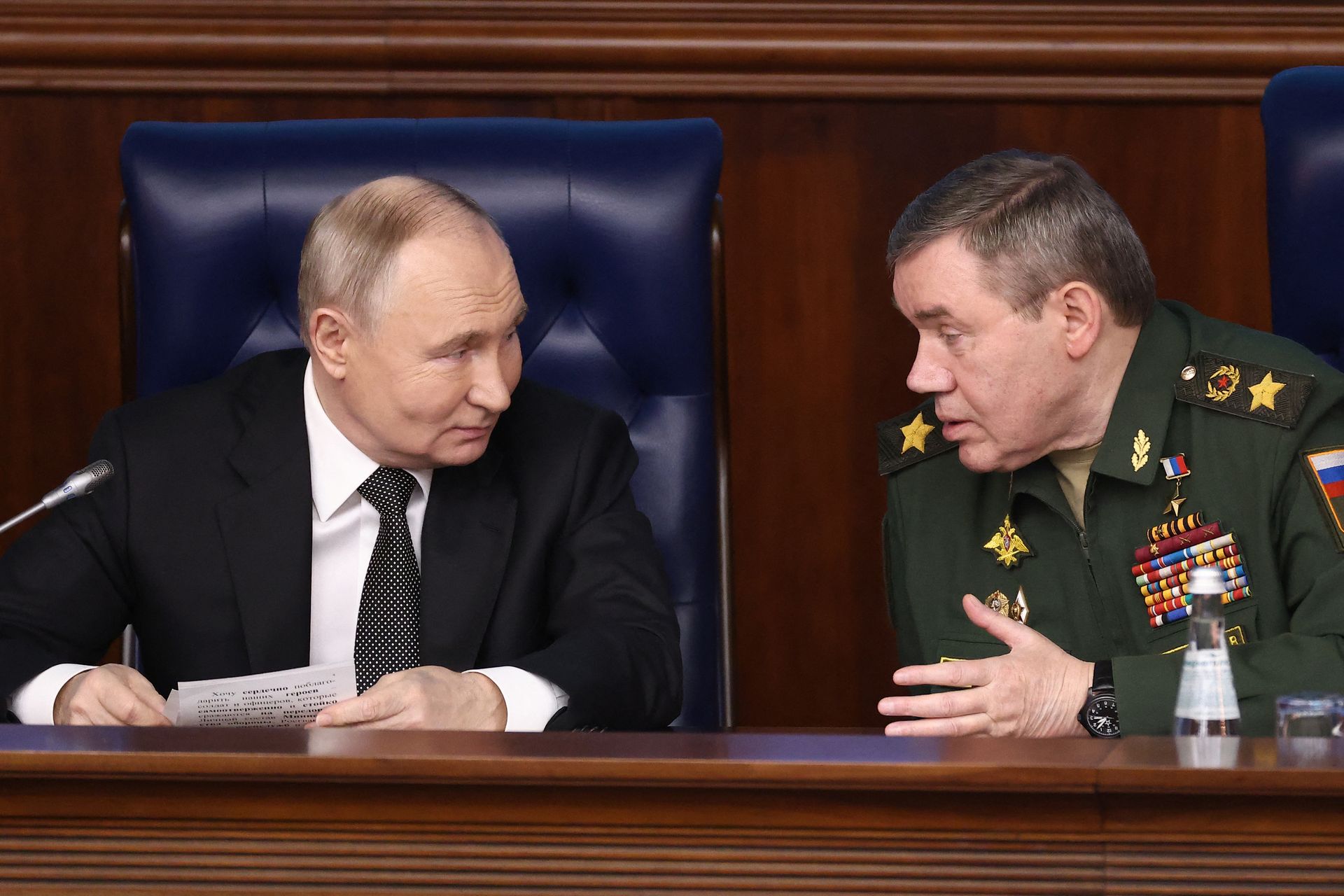Europe drafting 'precise plans' for troop deployments to Ukraine with US backing, von der Leyen says

European capitals are preparing “pretty precise plans” for potential troop deployments to Ukraine as part of postwar security guarantees, European Commission President Ursula von der Leyen told the Financial Times (FT). She said the measures would carry full U.S. support.
There was "a clear road map" for possible deployments, von der Leyen said in the interview published on Aug. 31. "Security guarantees are paramount and absolutely crucial. We have a clear road map and we had an agreement in the White House . . . and this work is going forward very well."
Von der Leyen made the remarks during a tour of eastern EU states near Russia, where she focused on defense spending and military readiness. She said governments were working on plans for "a multinational troop (deployment) and the backstop of the Americans."
"President Trump reassured us that there will be (an) American presence as part of the backstop," she said. "That was very clear and repeatedly affirmed."
Ukraine has demanded concrete security guarantees, including foreign troop deployments, as part of any peace settlement with Moscow.
Von der Leyen confirmed that the plan under discussion could involve tens of thousands of European-led personnel, supported by U.S. command-and-control systems, intelligence, and surveillance assets. She said those arrangements were agreed at last month’s meeting in Washington between Trump, President Volodymyr Zelensky, and senior European leaders.
The same group of leaders is expected to meet again in Paris on Sept. 4 at the invitation of French President Emmanuel Macron, diplomats told the FT. Attendees include German Chancellor Friedrich Merz, U.K. Prime Minister Keir Starmer, NATO Secretary-General Mark Rutte, and von der Leyen.
Von der Leyen noted that defense chiefs from the coalition of the willing met last week and "worked out pretty precise plans," including discussions on the "necessary items for a functioning build-up of troops." She emphasized that “deploying troops is one of the most important sovereign decisions of a nation,” but said “the sense of urgency is very high... it’s moving forward. It’s really taking shape.”
She praised Trump’s role in supporting the effort after months of uncertainty in European capitals about his stance on Ukraine. “Putin has not changed, he is a predator,” von der Leyen said. “(Trump) wants peace and Putin is not coming to the negotiation table . . . He has a negative experience with Putin, more and more Putin does not do what he says.”
She added that Europeans have demonstrated credibility: "We have had in the last months several encounters where it was obvious that one can rely on the Europeans. It is clear that when we say something, we do it.”
Von der Leyen said any Western troop deployment would reinforce a strengthened Ukrainian army, which would form the core of the deterrence force. She also said the Commission would explore new funding streams to provide "sustainable financing of the Ukrainian armed forces as . . . a security guarantee."
"After any peace deal, Kyiv would need quite a sizeable number of soldiers and they need good salaries and of course, modern equipment . . . it’s for sure the EU that will have to chip in," she said.
Von der Leyen added that existing EU funding to Ukraine must continue after the war and that "an extra payment... has to be provided for the Ukrainian armed forces." She said the EU will maintain funding for the training of Ukrainian soldiers, while also encouraging member states to use a 150 billion euro loans-for-arms fund to partner with Ukraine’s defense industry or purchase weapons for Kyiv.
“The role of the Commission is paramount in enabling the member states to finance a surge in defence,” von der Leyen said. “The character of warfare has completely changed,” she added, highlighting the need for investment in drones, missile defense, space, and cyber capabilities.












